How the UN is helping to combat the changing tactics of the region's crime gangs
By MAXMILIAN WECHSLER
• The expansion of the drug trade has meant a corresponding expansion of money laundering and other related crimes, leading to an explosion of the prison population.
• The region needs to ask itself why the drug trade continues to expand here, who is behind it or benefiting from it and how they use the region to expand it.
• Thailand is a logistics hub for the Mekong region and a lot of the drugs trafficked into the country are for transit to Malaysia or to places like Australia, New Zealand, Japan or Korea.
• There are a lot of aligned but different businesses that go hand-in-hand with the drug trade, for example casinos which are often in border areas and the trade in chemicals used to produce synthetic drugs.

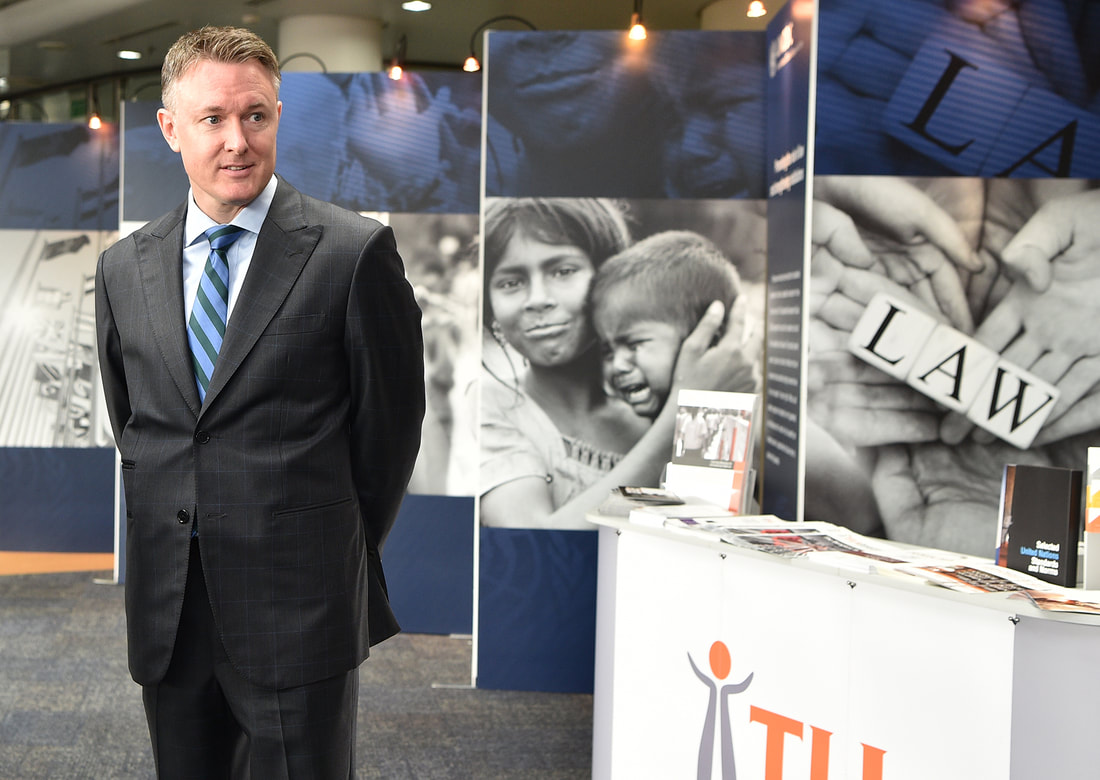

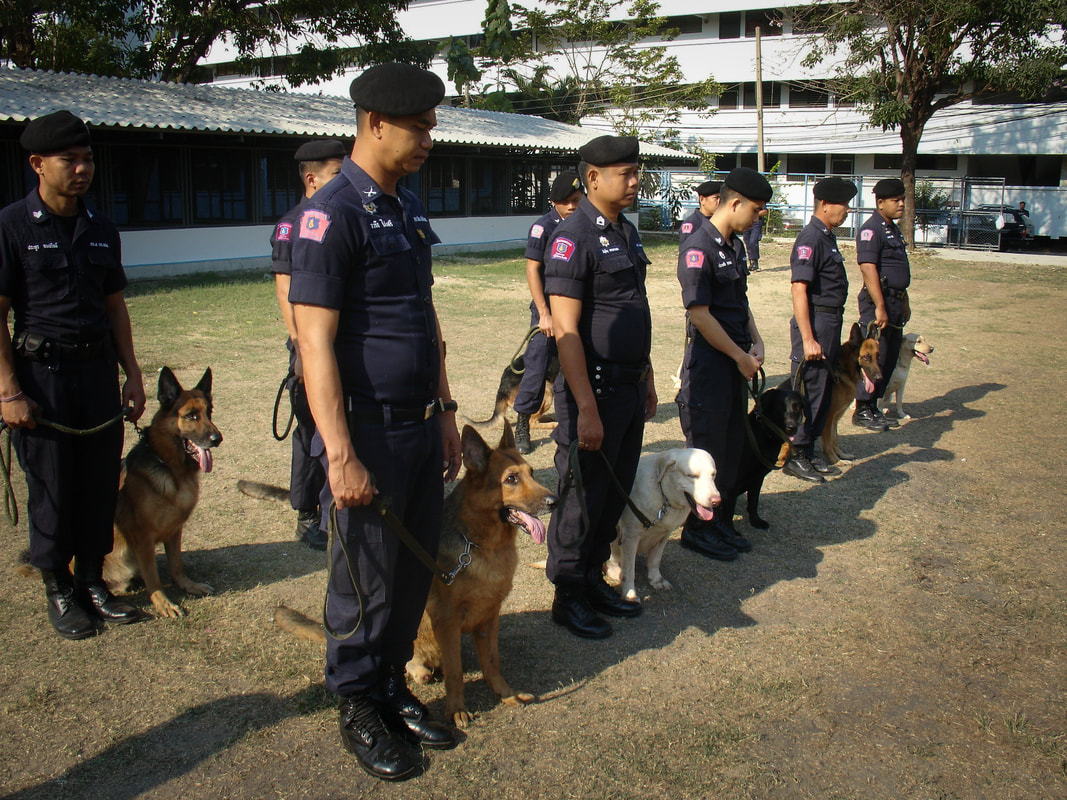
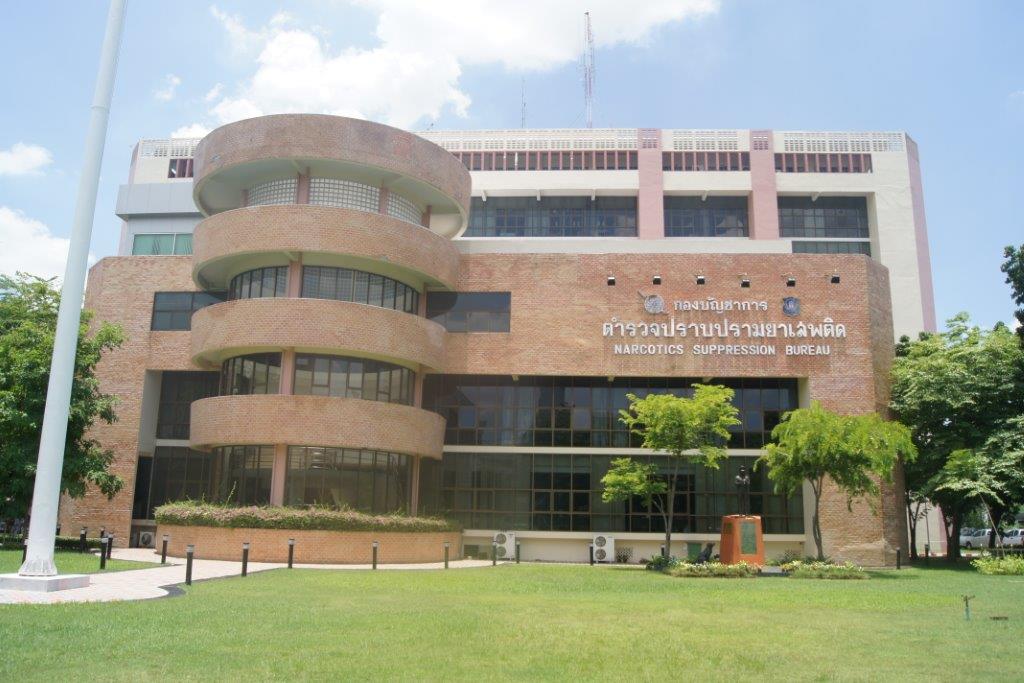
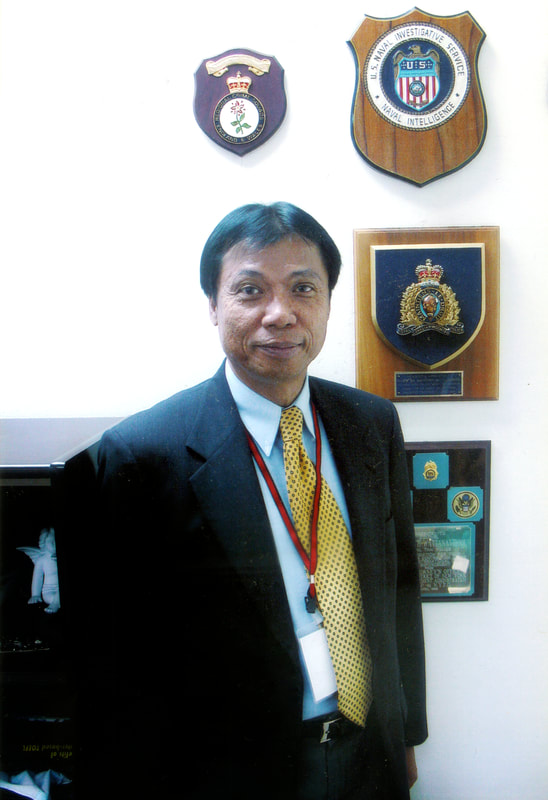
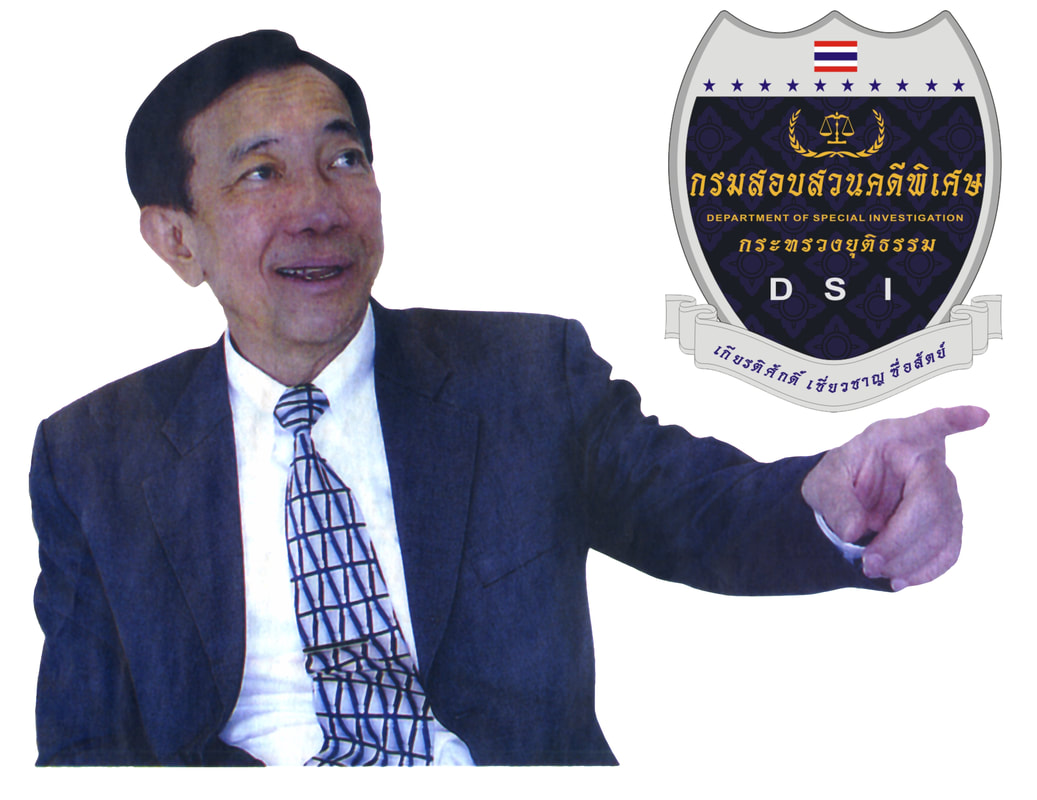
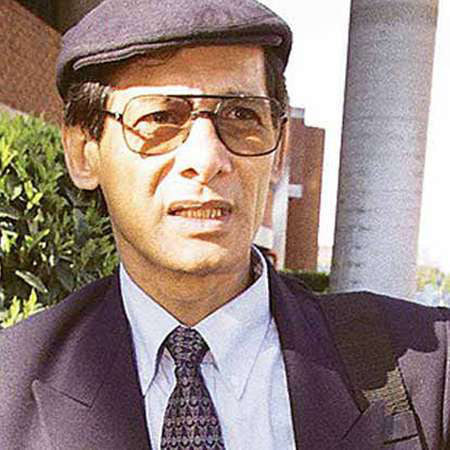

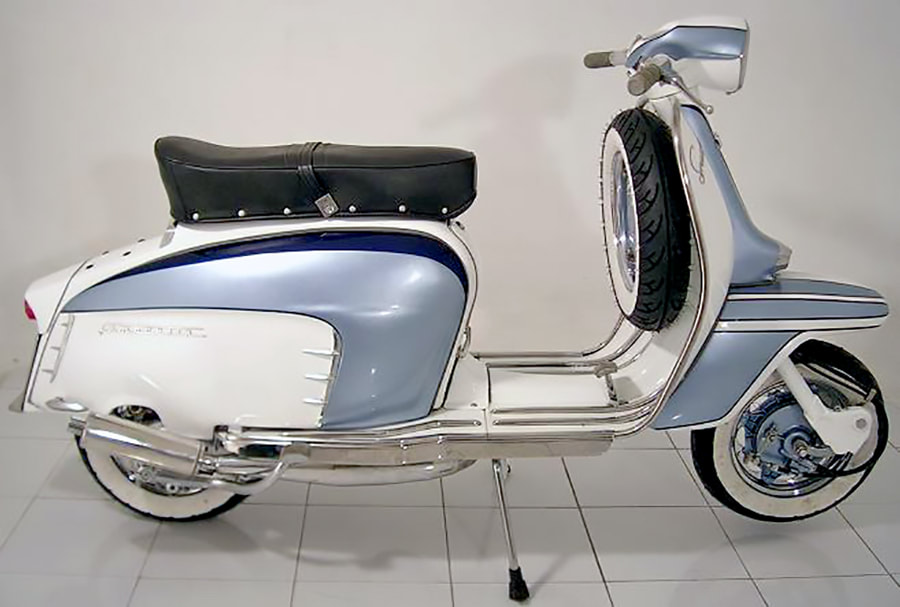
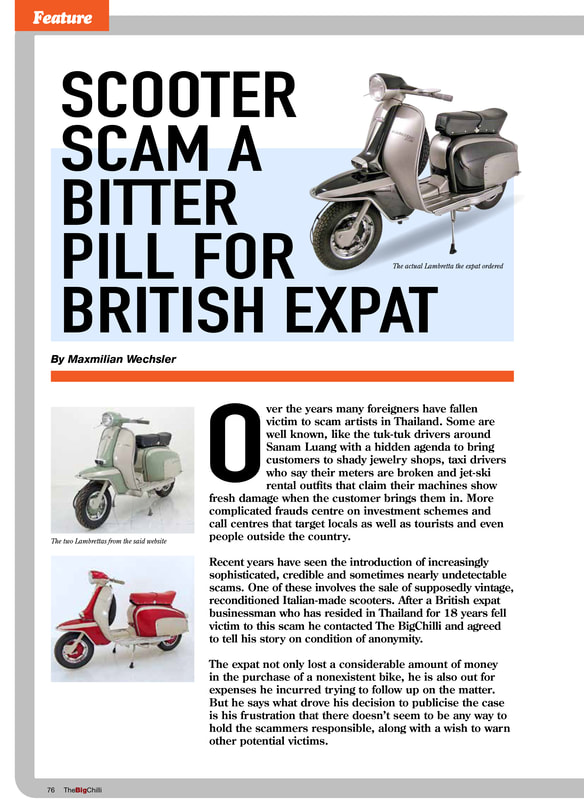

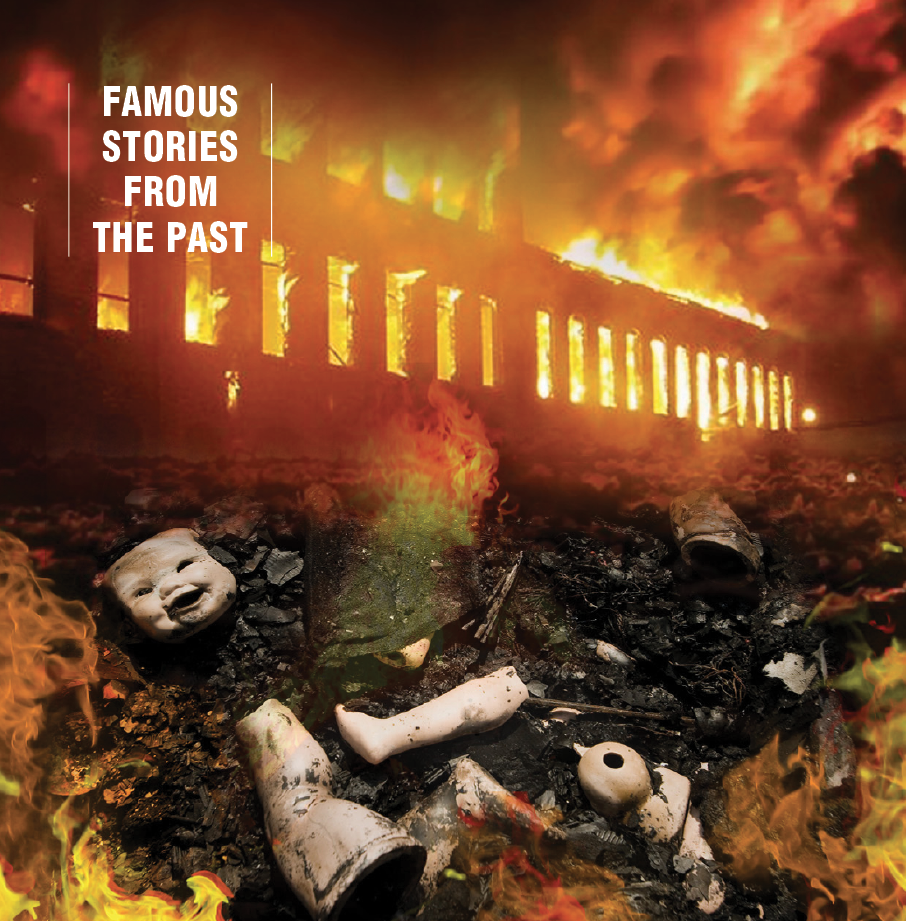
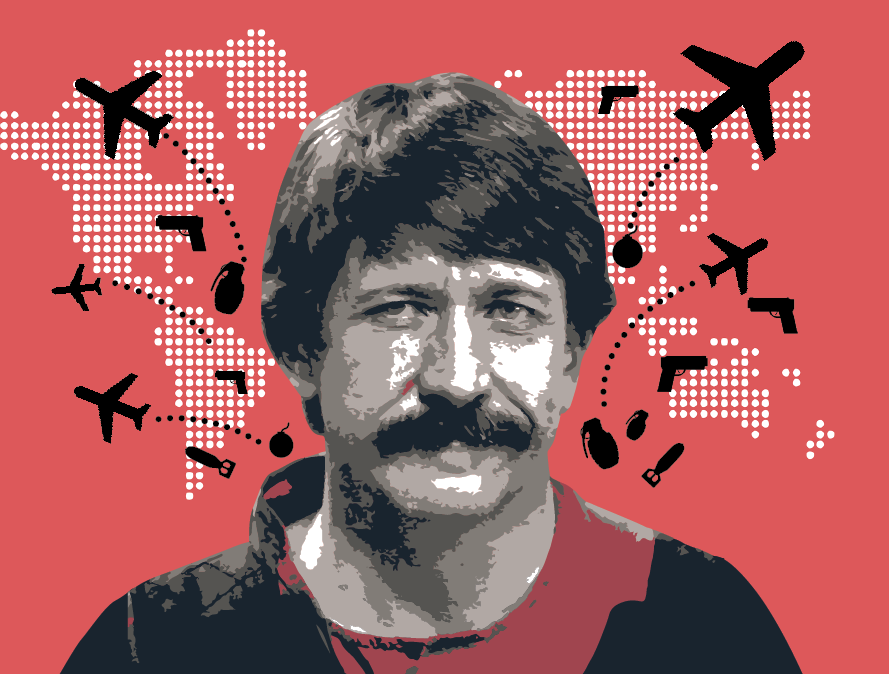
 RSS Feed
RSS Feed
















